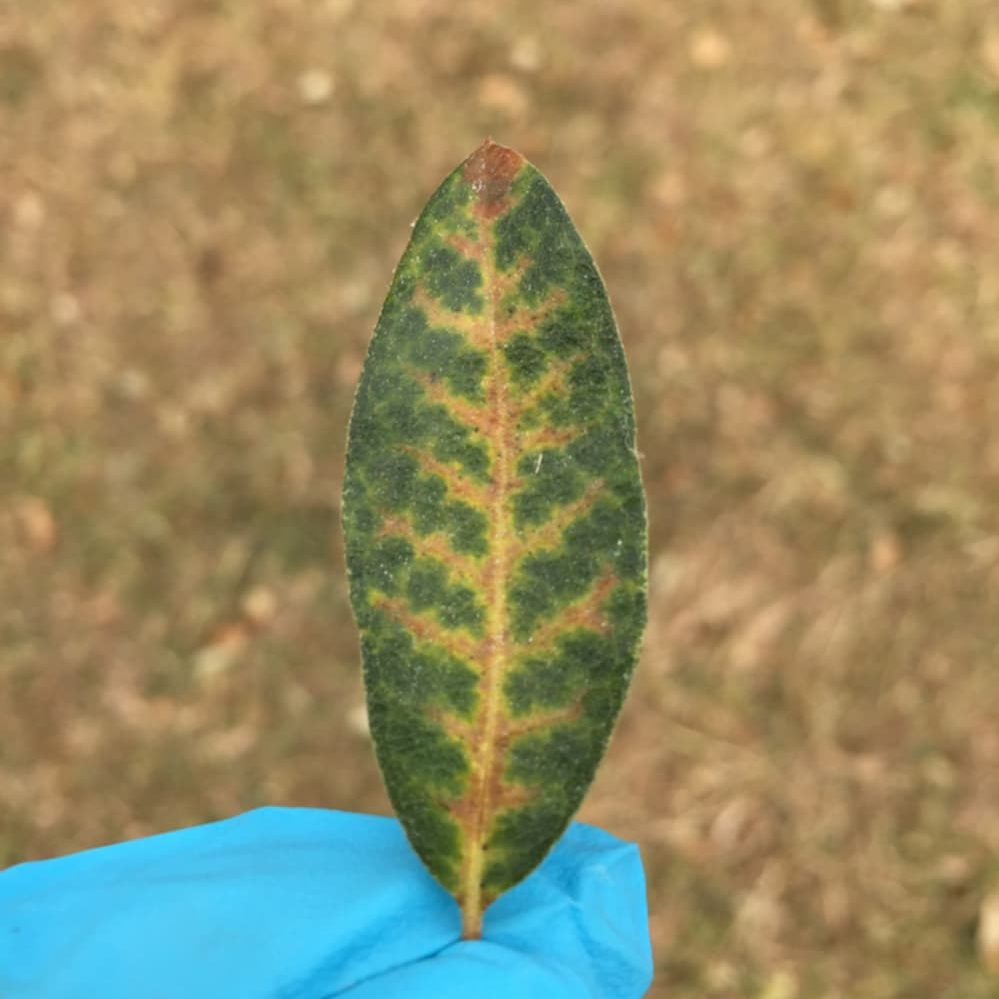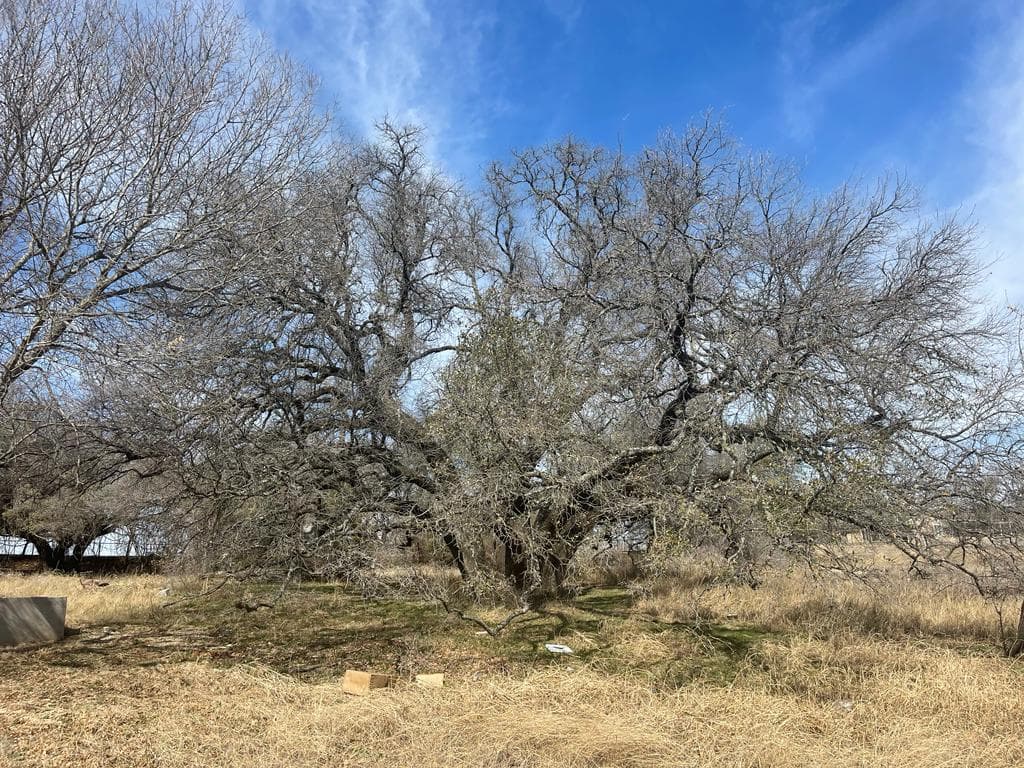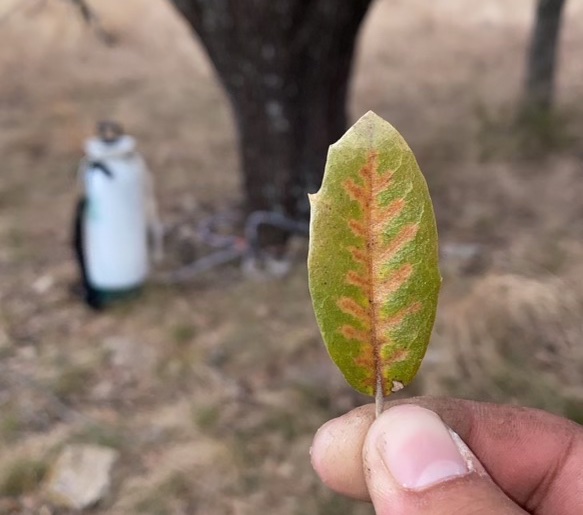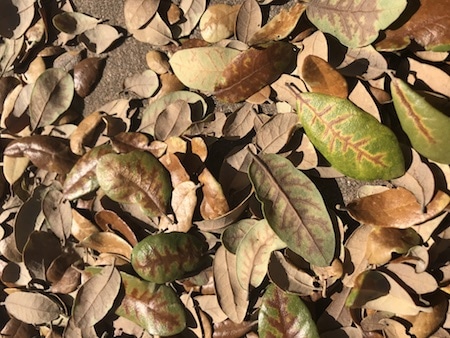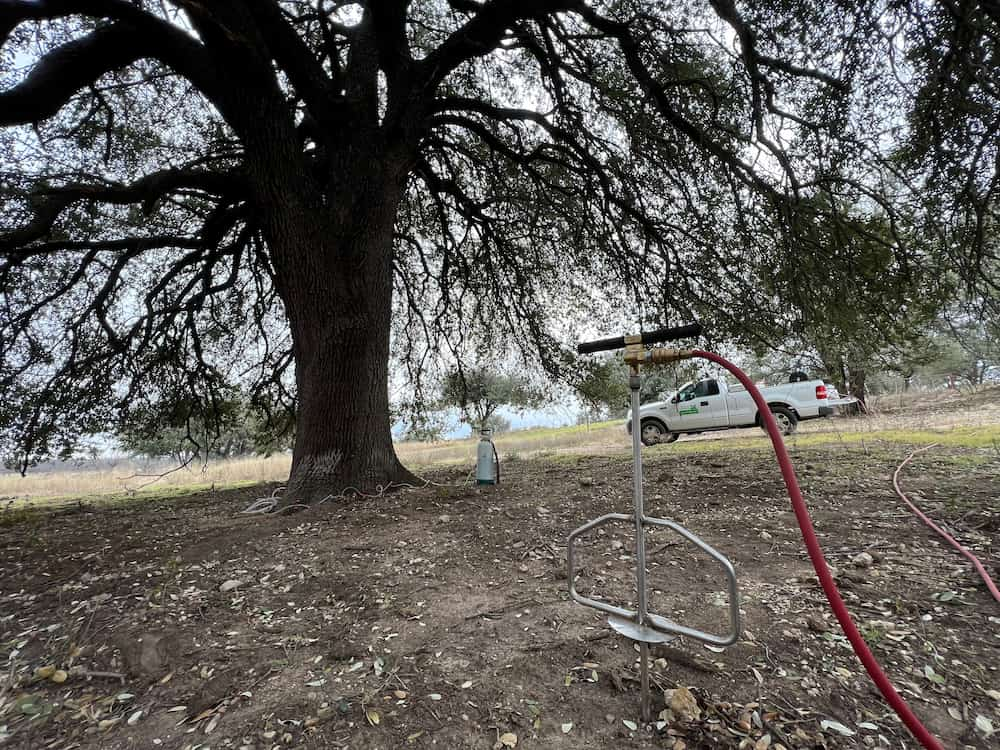Texas Shrubs & Tree Health Care Experts
Caring For Texas Shrubs & Trees Since 1990 Get A Free QuoteCall (817) 880-6130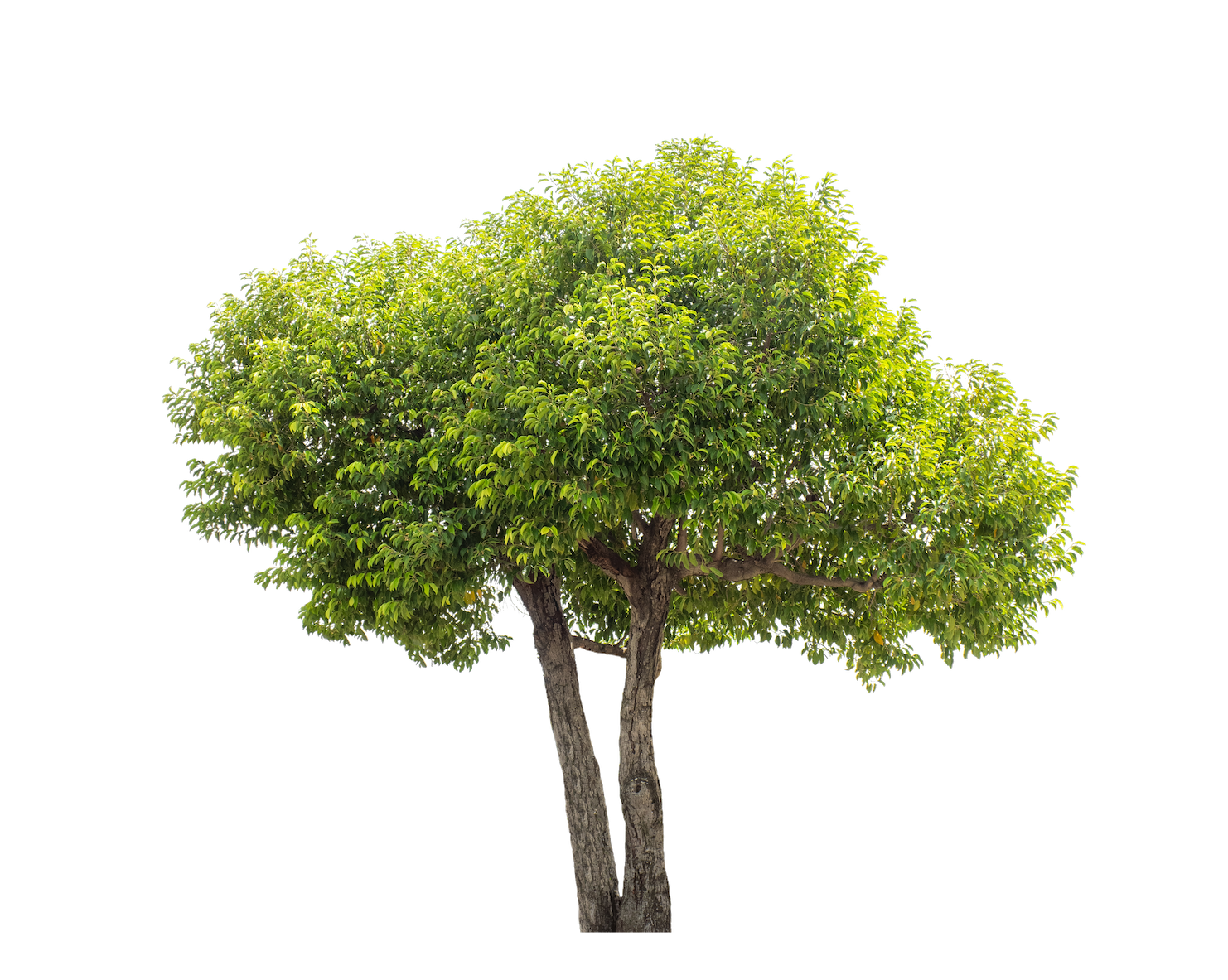
Oak Wilt Treatment Services in Joshua, TX
ISA Certified Arborist That Specializes in Oak Wilt
Arborist USA provides Oak Wilt Treatment in Joshua, TX; contact us at (817) 880-6130 for a free Oak Wilt Diagnosis. The lethal fungus known as oak wilt is aggressive, quickly spreading, and contagious. This tree disease can deteriorate all affected trees, making other trees rot or die.
Sadly, it’s pretty typical in North Texas with natural oaks, particularly Live Oaks and Red Oaks. Call (817) 880-6130 if you have any oak trees on your property so that our Plant Health Care Specialist in Joshua, Texas, can analyze the health of your trees.
If you are in need of Oak Wilt Treatment Services in Joshua, TX, please get in touch with Arborist USA today by calling us at (817) 880-6130, your Sick Tree Disease Specialist.
Signs of Oak Wilt Infection
The disease known as Oak Wilt begins in the interior vascular system, which is where all nutrients and water go. The inner courts’ leaves and vines will start to turn brown or yellow as the vascular system starts to restrict the nutrition, a condition known as “veinal necrosis.” Depending on the stage of the tree, Oak Wilt symptoms will start to show up on the foliation shortly after and cause additional deterioration or mortality in 4 to 6 months or less.
Combating Oak Wilt Disease With Tree Fertilization
When the disease’s first symptoms spread, trees must be treated in Joshua, Texas. As these diseases spread quickly, it is crucial to treat nearby trees or keep an eye on nearby trees.
Nearby Trees Can Get Infected With Oak Wilt
Given that Oak Wilt is one of the most virulent infections, it has been demonstrated that any trees within 50 to 100 yards of infected trees are susceptible to the disease.
Contact Us For Oak Wilt Treatment
Contact us if you have any concerns over your Oaks today or need Oak Wilt Treatment Services in Joshua, TX, at (817) 880-6130.
If you’re concerned or have any further questions about our Oak Wilt Treatment Services in Joshua, TX, or surrounding areas in North Texas, please call us at (817) 880-6130.
Fungal Tree Diseases
Listed below are common fungal diseases found in Texas trees.
Anthracnose
A common fungus in ornamentals, trees, and shrubs; causes a chlorotic color and spots destroying leaves.
Hypoxylon Canker
A fungus that causes cankers & death of oak & other hardwood areas of trees, a very common disease in trees.
Leaf Spot
A variety of factors cause a spot or browning of leaves. Typically caused by wet, humid weather conditions during spring.
Oak Decline
A general concept of an acute oak decline could be a variety of diseases subject to shade trees.
Oak Wilt
A rapid and destructive tree disease that is extremely aggressive in all oak trees, especially in Live Oaks.
Powdery Mildew
A white powdery appearing fungus (white spots) quickly covering the leaf surfaces and affecting all leaves around to turn brown.
Texas Root Rot
A over-saturation in feeder roots and root system in general, causing decay and lack of oxygen.
Seiridium Canker
Seiridium Canker is a fungal pathogen subject to ornamentals in the North Texas region.
Twig Blight
A variety of a different fungus attack subject to juniper, cedar, and arborvitae. Indicated on twigs that should be pruned.
Certifications

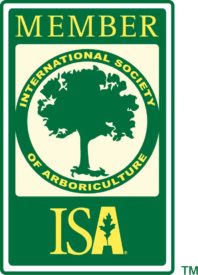

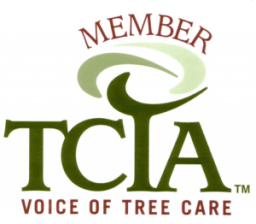
Our Reviews
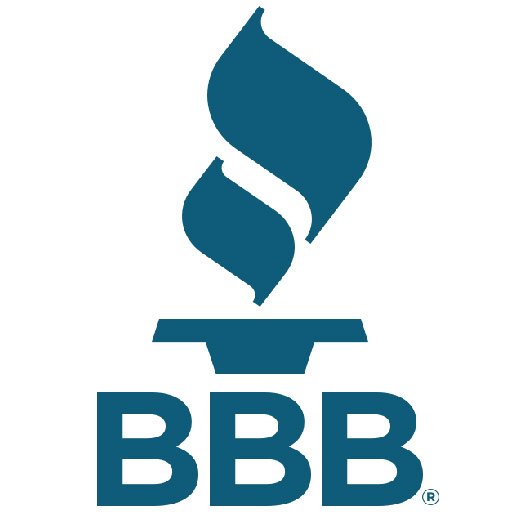
A+ BBB Rating based on 31 BBB Reviews
4.8/5.0 based on 83 Top Rated Local Reviews
4.6/5.0 based on 36 Facebook Reviews
4.0/5.0 based on 4 Trust Pilot Reviews

4.9/5.0 based on 90 Google Reviews
4.5/5.0 based on 13 Yelp Reviews
29 Recommendations on Nextdoor
Total Reviews: 286 ![]() Real Customer Reviews
Real Customer Reviews

